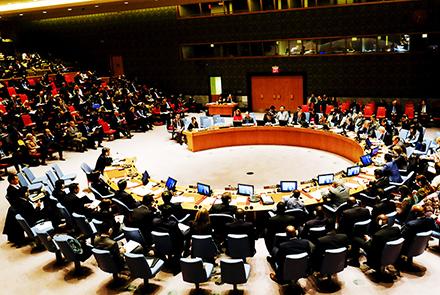Briefing the United Nations Security Council on Wednesday, the Secretary-General’s Special Representative for Afghanistan, Tadamichi Yamamoto said the recent “security and political crisis was sparked by a terrorist bombing in Kabul’s center on 31 May.”
He said that the security situation in the country is deteriorating and the issue will lead to political tensions if not contained.
Yamamoto said the Afghan government is not consulting with political parties.
According to him, a growing number of political factions, some who were formerly part of the National Unity Government as well as a younger generation of political forces, have begun to criticize and demand reforms from government.
“I remain concerned, however, that without changes in governance practices we are likely to face future crises that might be more difficult to contain,” he said.
In response to this, the Presidential Palace said the criticism lodged by the UNAMA chief was understandable and that government is committed to bringing reforms.
“The criticism raised by the United Nations and a number of citizens is understandable, however government is serious about bringing reforms,” said President Ashraf Ghani’s spokesman Shahhussain Murtazawi.
In addition, a number of lawmakers also said there was the need for political parties to be engaged in national issues.
“Three days ago we held discussions with the president about the same issue. Political parties must be given the chance to speak out about issues,” said MP Sayed Ali Kazemi.
UNAMA chief told the Security Council that the “political fault-lines that emerged are increasingly along an ethnic basis, which is particularly worrying at a time when the Islamic State (Daesh) is attempting to provoke sectarian strife in the country through attacks against Shia Muslims.”
“The people of Afghanistan are a unified people, such issues cannot create fragmentation between the people,” said interior ministry spokesman Najib Danish.
Yamamoto also said Afghans need to begin an internal dialogue on the meaning of peace and reconciliation. “The government and the Taliban need to engage directly with each other to define a political solution.”
He told the Security Council that the attack of 31 May and the events that followed should serve as a clarifying moment. “We are at a point where we need to take conscious decisions to reverse negative trends and seek stability or face far worse. The recent crisis has illustrated the dangers of pushing narrow interests, be they domestic or international, in Afghanistan’s fragile context.”


